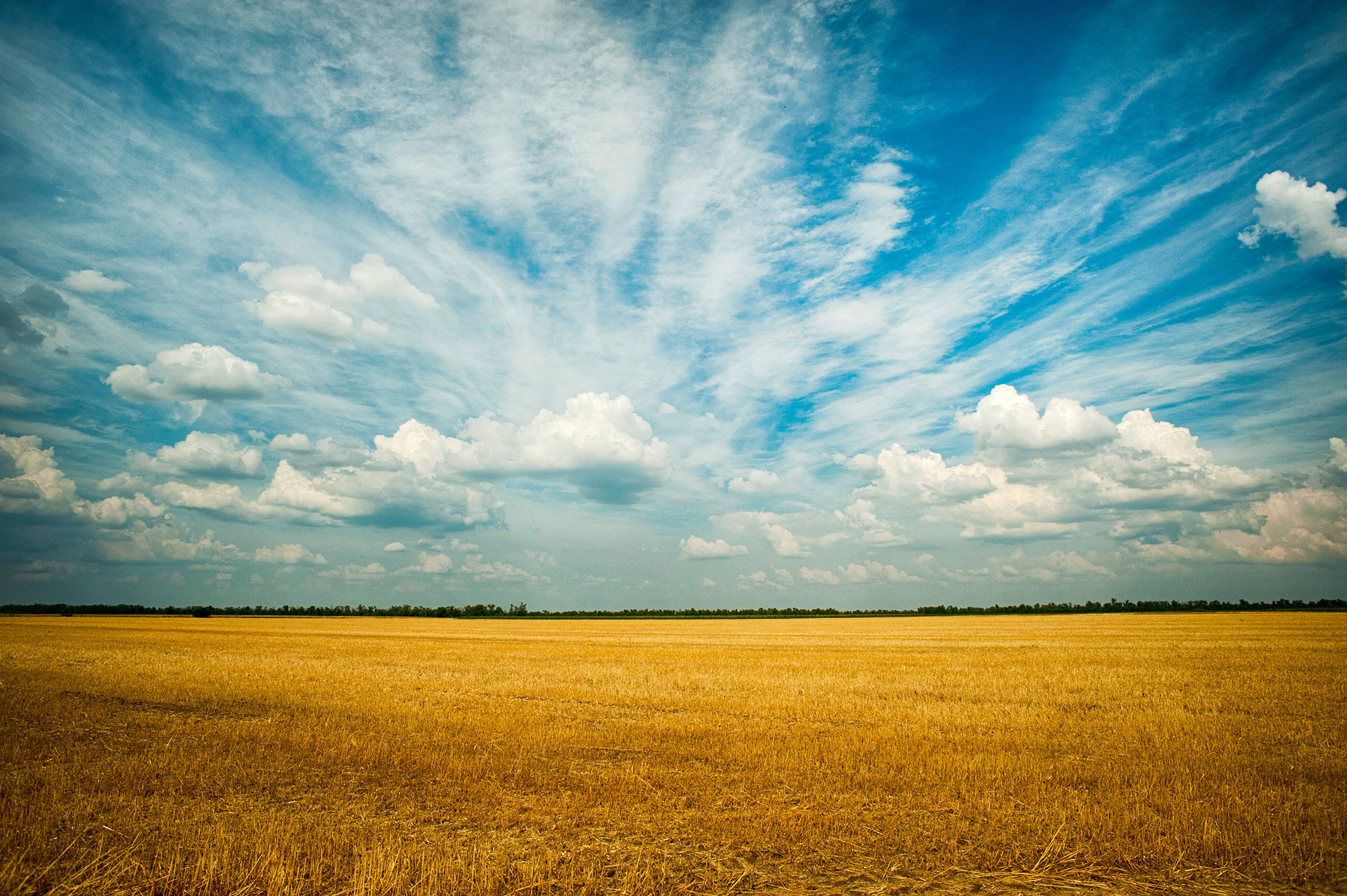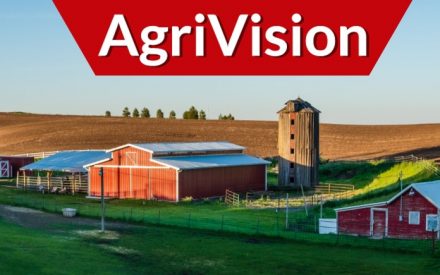Host Katie Wantoch and Lyssa Seefeldt, Agriculture Extension educator in Eau Claire County, discuss the trend of breeding with beef bulls to the lower bottom half of a farmer’s dairy herd.
View Transcript
View Transcript:
Katie Wantoch
This is UW Extension’s Farm Management AgriVision Podcast. I am Katie Wantoch Agriculture Agent with UW-Madison Division of Extension. I will be chatting with fellow Extension Educators as we answer questions from farmers and share our knowledge and expertise on how you can improve your farm management skills. Today I am joined by Lyssa Seefeldt, Agriculture Extension educator in Eau Claire County. Welcome Lyssa to the podcast.
Lyssa Seefeldt
Yeah, thanks for having me, Katie.
Katie Wantoch
Lyssa, a farmer and his brother asked this question. They milk 180 Holstein cows. For the past six years, they have been using sexed beef bull semen on the bottom half of their herd to get beef bull calves to raise. Before that they used to breed all of their cows AI to Holstein bulls. Every year they sell 30 to 40 fresh heifers to dairy farmers. Due to the low market for dairy heifers. They switch to breeding with beef bulls. They are wondering what the downside of expanding their direct market beef business would be. And if you think this trend will last?
Lyssa Seefeldt
Yeah, Katie. So really great question there. I just want to start off with just mentioning that this trend of breeding to beef bulls has been increasing for a while. And that’s a great opportunity for farmers to be able to improve their dairy genetics, while reaping the benefits of being able to sell some additional animals for beef. And so you know, great to see that they’re taking advantage of this opportunity to do both of those things.
Katie Wantoch
Let’s say you know, you mentioned they’re breeding to beef bulls, and really looking at that selection of semen and genomics. Could you tell us a little bit more on how genomics plays a factor?
Lyssa Seefeldt
Right, so genomics gives us an opportunity to be only selecting the best of the best genetics for herd and allowing those animals to be the kind of mothers of the next generation in our herd. And when we do that, we can also then identify which animals in our herd are the ones that aren’t contributing as much merit to the herd, if you will, and being able to select those animals, specifically for breeding to beef so that we’re not inadvertently trying to use those genes to further advance our dairy herd, because it’s going to advance at a slower rate. And so that’s really the big plus of utilizing genomics and being more selective in who is actually getting bred to dairy.
Katie Wantoch
Sure, and really that, like you said, it impacts your dairy herd and your beef herd, because in this case, the farmer and his brother are kind of doing half and half correct. And so there’s advantages or disadvantages to this strategy, I’m sure.
Lyssa Seefeldt
Right and whenever you’re breeding, with a different end market in mind, it definitely takes some different management strategies that we’re not always thinking about. You know, we may be needing to think beyond just what we’d normally be thinking that we want for calves in that we would normally be looking for maybe some smaller birth weights, or, you know, a little bit cheaper semen if we’re just trying to get an animal bred if we’re just thinking about our dairy market side of things. But when we’re looking at the beef side of things, that end product of that beef calves that needs to go on, to either be grown up by the farmer, in this case, or if we’re talking about off to a feedlot really need to think about that end product that we’re trying to produce, which is a beef calf. And really, the goal there is to have more meat. And so the bulls that we’re selecting for that are going to be a little bit different than if we’re just looking to get an animal pregnant.
Katie Wantoch
Right, definitely. So all good things to think about. And of course, this farmer and his brother and wife need to have a great plan going forward so that they can take advantage of this opportunity to add value to their farm business. Well, thanks, Lyssa for joining us today. Really appreciate it.
Lyssa Seefeldt
Yeah, thanks, Katie.
Katie Wantoch
For more Extension AgriVision podcasts or resources to improve your farm management skills, check out farms.extension.wisc.edu. Thanks for listening
Related Resources
Information in this article was originally published as part of the Agrivision column in Wisconsin Agriculturist.



 AgriVision Episode 30 - Pooling forage resources
AgriVision Episode 30 - Pooling forage resources